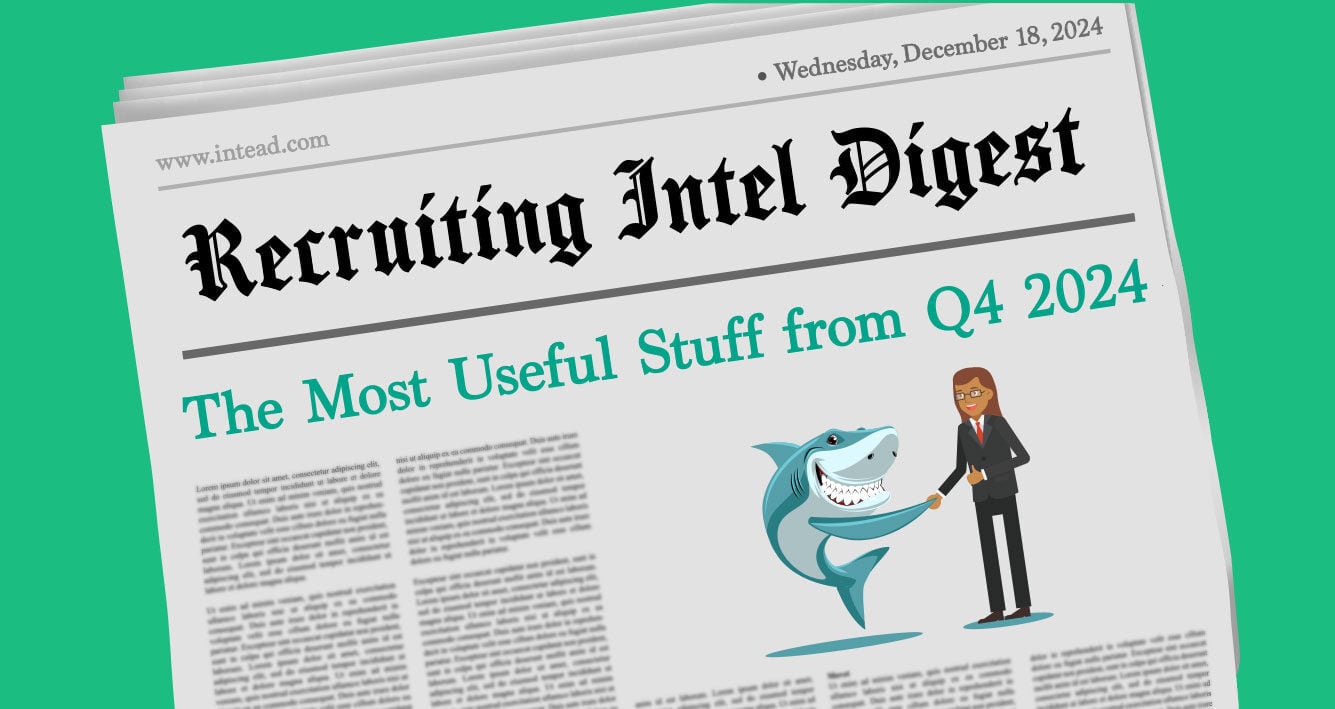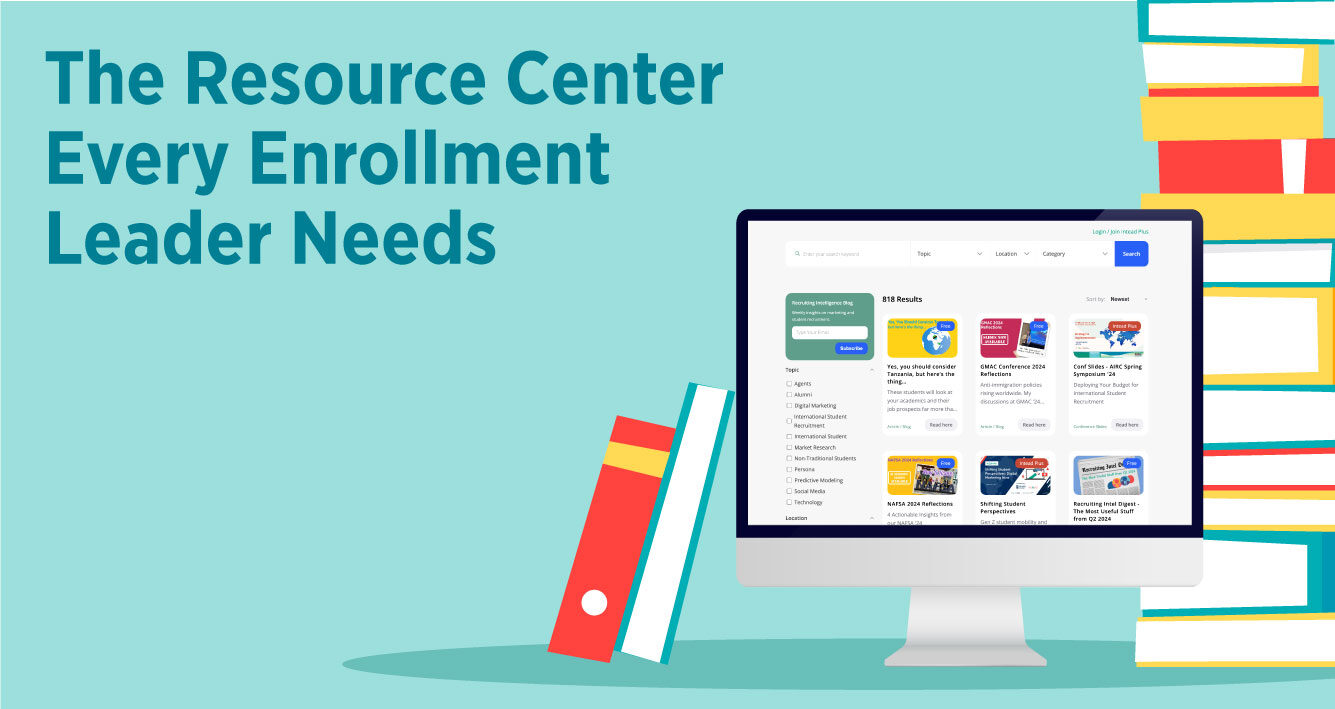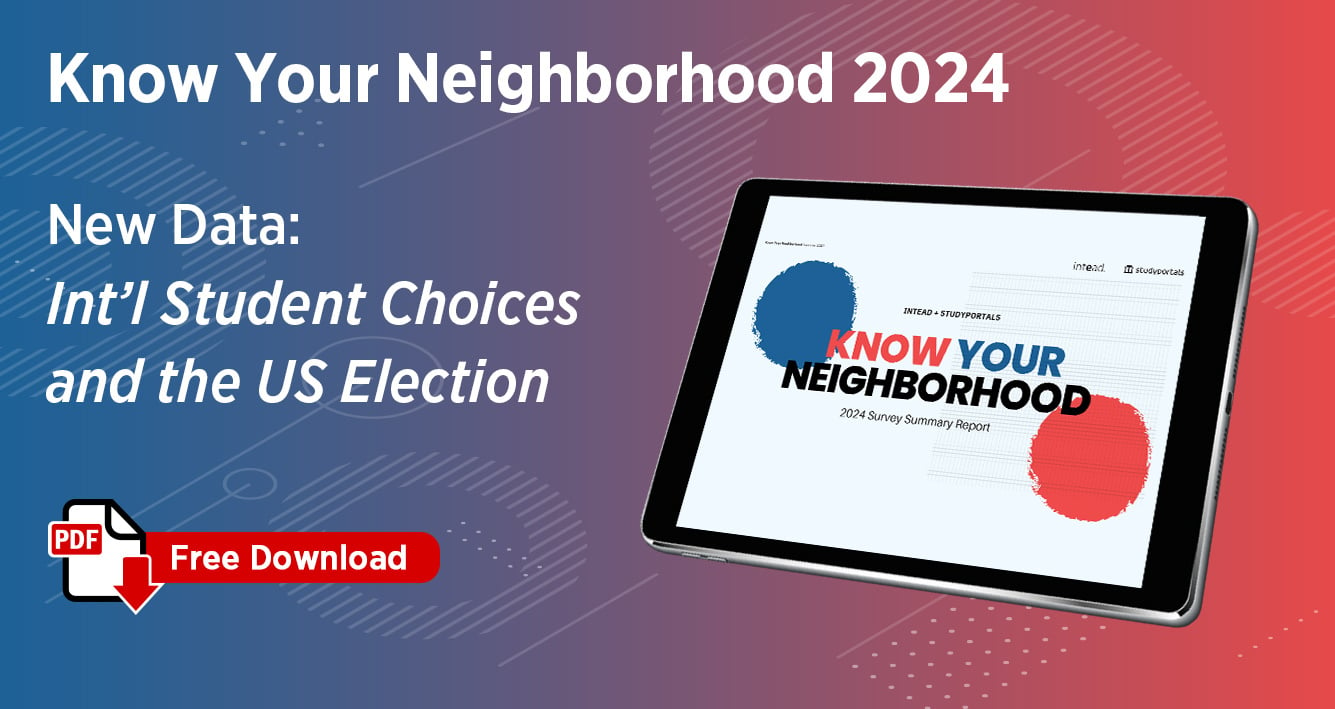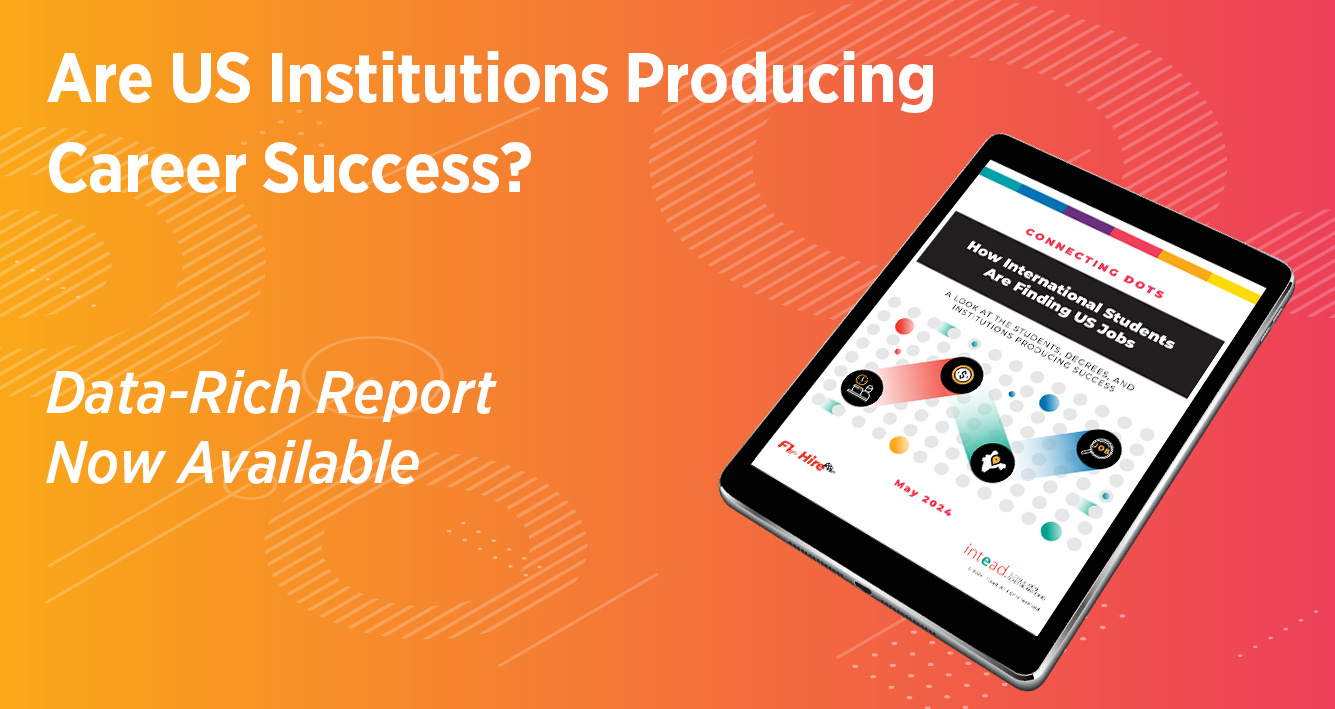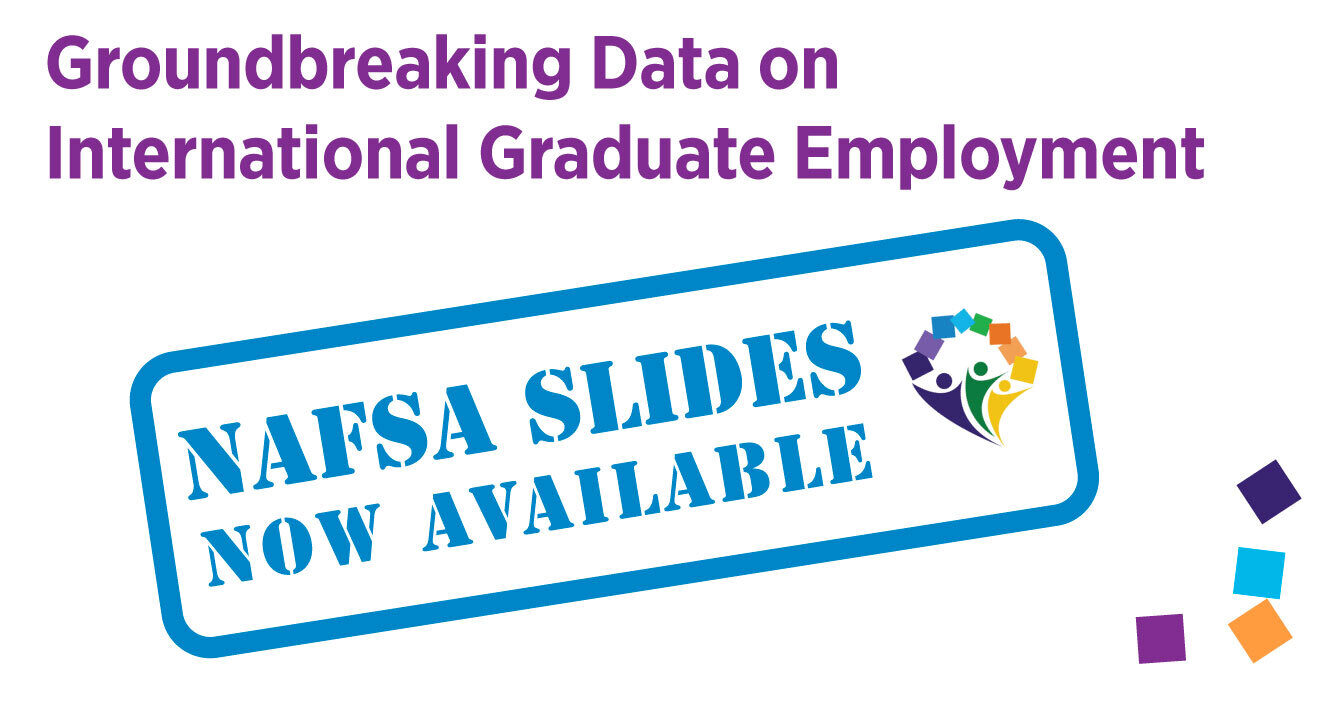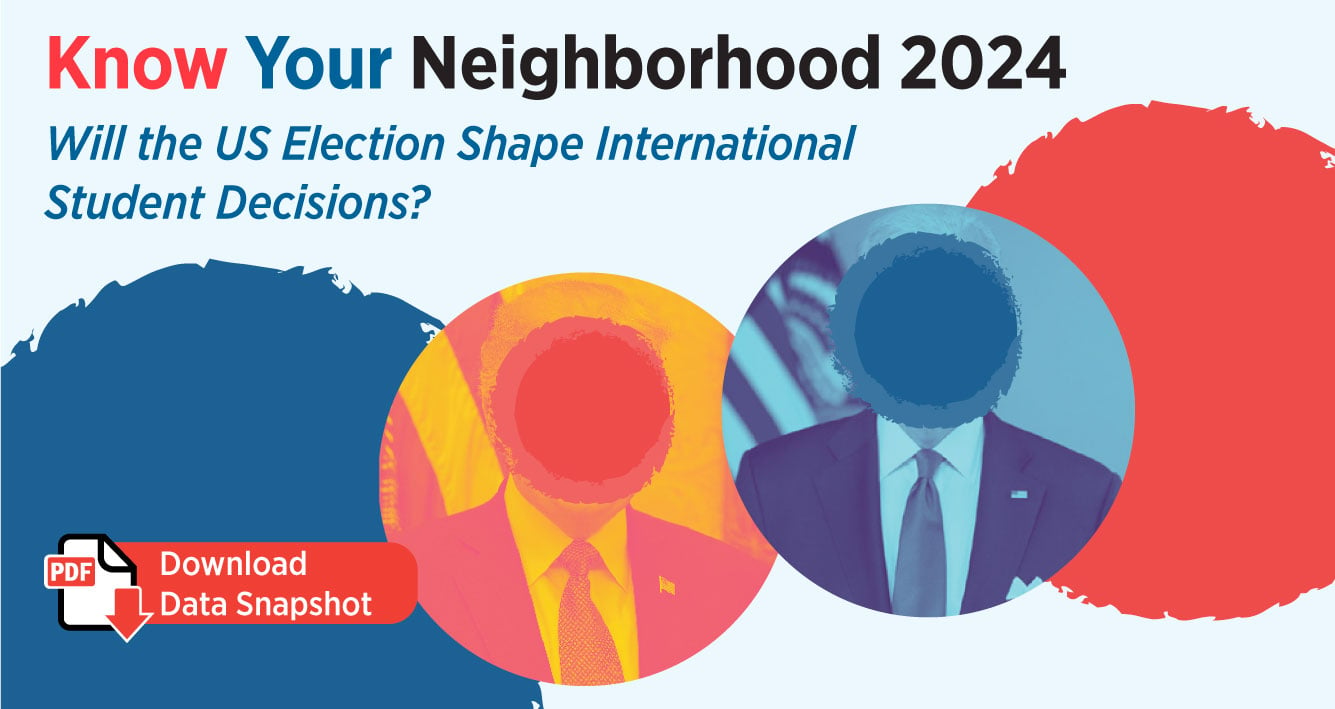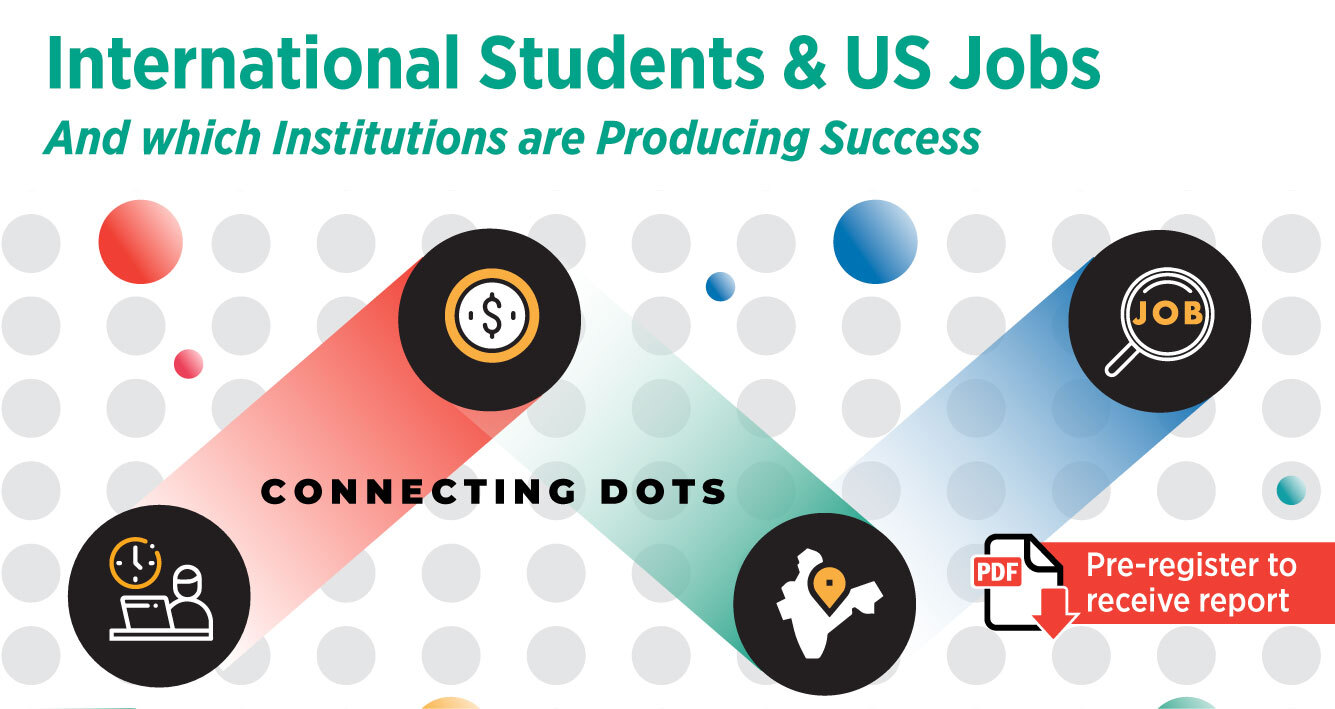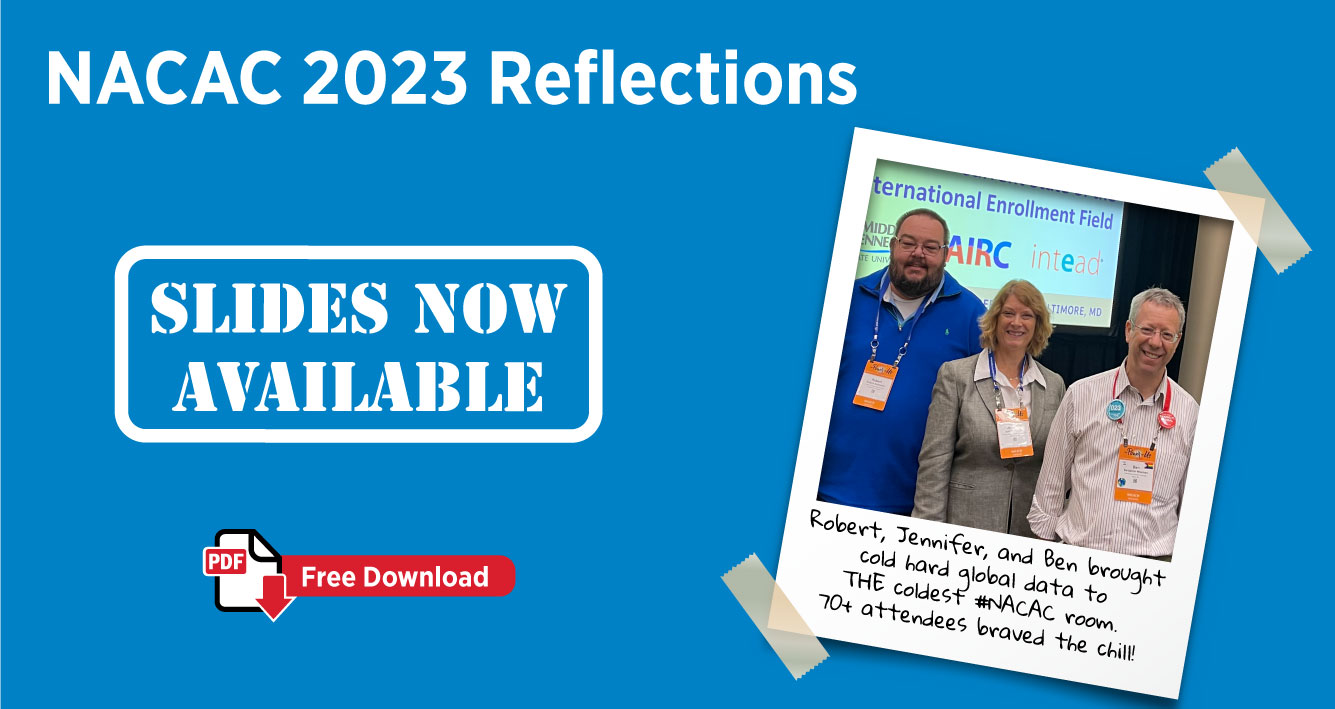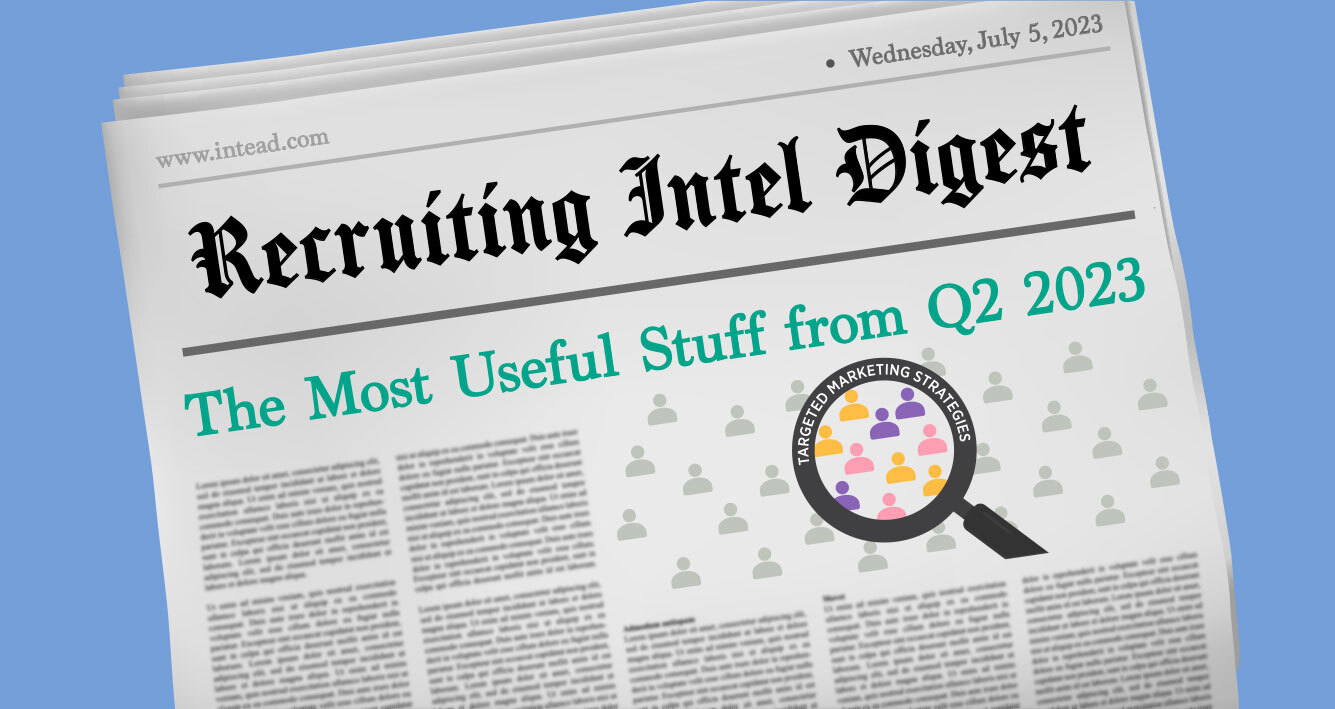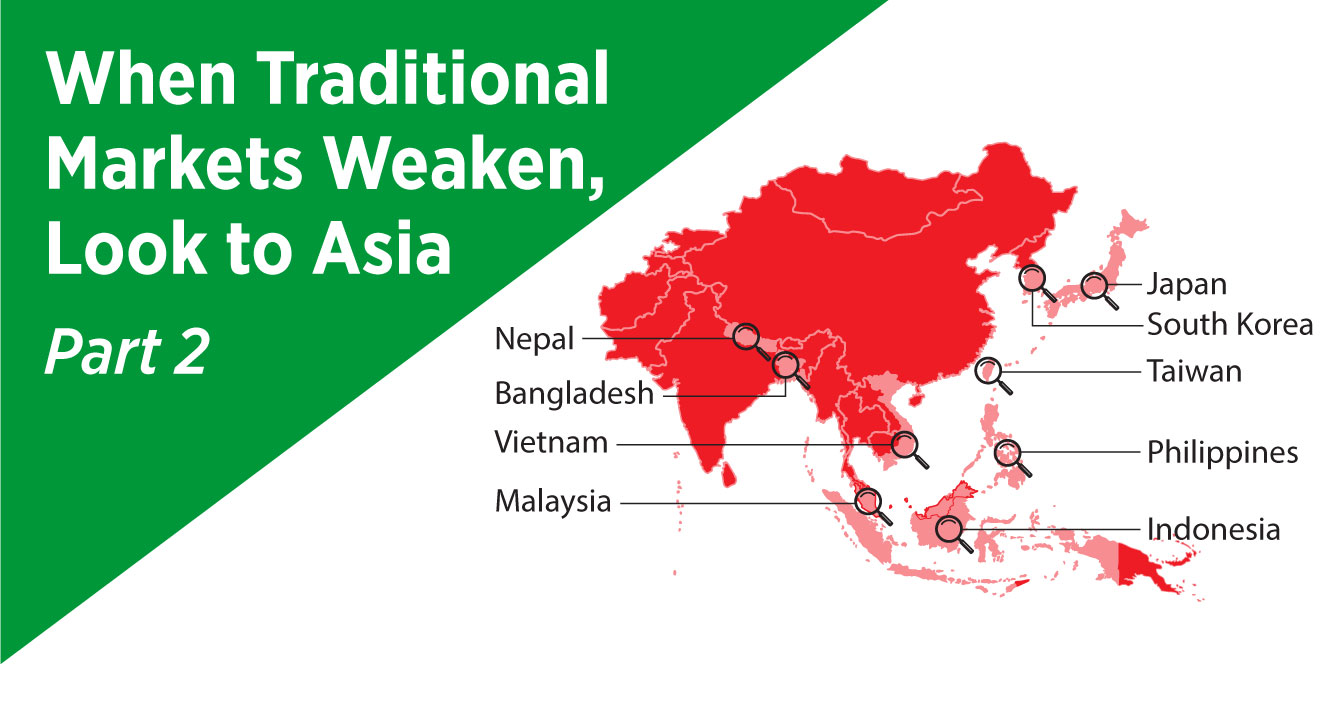Students as consumers and the consumer insights that matter.
Getting to the mindset of international and domestic students is central to what we do. Last week we unveiled a new study on career pathways for international students seeking US work experience. If you haven’t had a chance to review the report, it’s worth your time. The report provides fresh insights into what a US degree actually produces for international students, offering a new way to quantify the value of your degree for all of those ROI-minded student prospects (and their families).
This week we shift our focus to other factors that influence international student decisions to study abroad, including how the US presidential election factors into their choices. We did this research back in 2016 (the Trump/Clinton match up). Now we have new student data to compare and, YES! it is fascinating.
In partnership with global study choice platform Studyportals, we distributed a 13-question survey via email to Studyportals account holders and placed banner ads visible to their website visitors. All told, 2,492 respondents from 106 countries across the globe participated. A significant percentage of responses came from students in African nations.
There were some real surprises. Spoiler Alert: 2024 is NOT 2016.
Our next opportunities to meet!
GMAC Annual Conference, New Orleans, June 19 – 21, 2024. Ben will be presenting TODAY on how global elections are influencing student mobility. More than just the US presidential election has the power to upend what students will choose to do next.
EducationUSA, Washington, D.C., July 30-August 1. Ben and Virginia Commonwealth University SIO Jill Blondin will share insights on Navigating Budget Challenges in International Recruitment: Practical Strategies for Every Phase.
Be in touch! We’ll buy the coffee.
Today, we share the Know Your Neighborhood (KYN) 2024 Survey Summary Report with you – our first post-pandemic addition to the KYN series. Previous KYN full reports are available to Intead Plus members. The 2019 report on emerging markets (Africa and Latin America) still has legs. The others have some still valid nuggets on cultural differences even though they are now 5 to 7 years old. Helpful stuff considering that 50,000+ international students completed our surveys.
In our latest KYN report, we unlock current insights into the preferences and motivations of prospective international students, including the impact of political fatigue, observations on a possible rise in cynicism, and more. We share observations that suggest these feelings have opened some students to studying in previously avoided countries. And, of course, we get into the influence of families on prospective student decision-making.
If you’ve been following along these past few weeks, you already know there has been a shift in priorities among international education seekers since our last KYN study done in the midst of and after the wild and surprising 2016 election year. Other than perhaps Karl Rove, no one really thought Mr. Trump would win in 2016.
At the time, very few (14%) international student respondents said they would be more likely to study in the US should Donald Trump win the election. This go ‘round that number jumps to 30% who say more likely.
Asked another way, in 2016 the majority (54%) said they would beless likely to study in the US should Mr. Trump win. That number dropped considerably in 2024 to 28%. What’s more, 42% this year say it won’t make a difference who wins. It’s just not as important to today’s cohort.
We connected with so many of you over these stats at NAFSA a few weeks ago (what a week that was!). But, if we didn’t get that chance to chat in person, not to worry. Today’s summary report will give you what you need to know about the current international student mindset. It offers the core quantitative facts from our research as well as our recommendations on how your team may want to react to this news.
Do, however, stay tuned as our data analysts are still wading through the quite telling qualitative responses. We are getting more insights organized for publication later this summer. (Hey, if you are reading this based on a share from a colleague, be sure to subscribe to our blog!)
Read on to download our KYN 2024 Survey Summary Report and for 4 key takeaways from the study…
Read More

